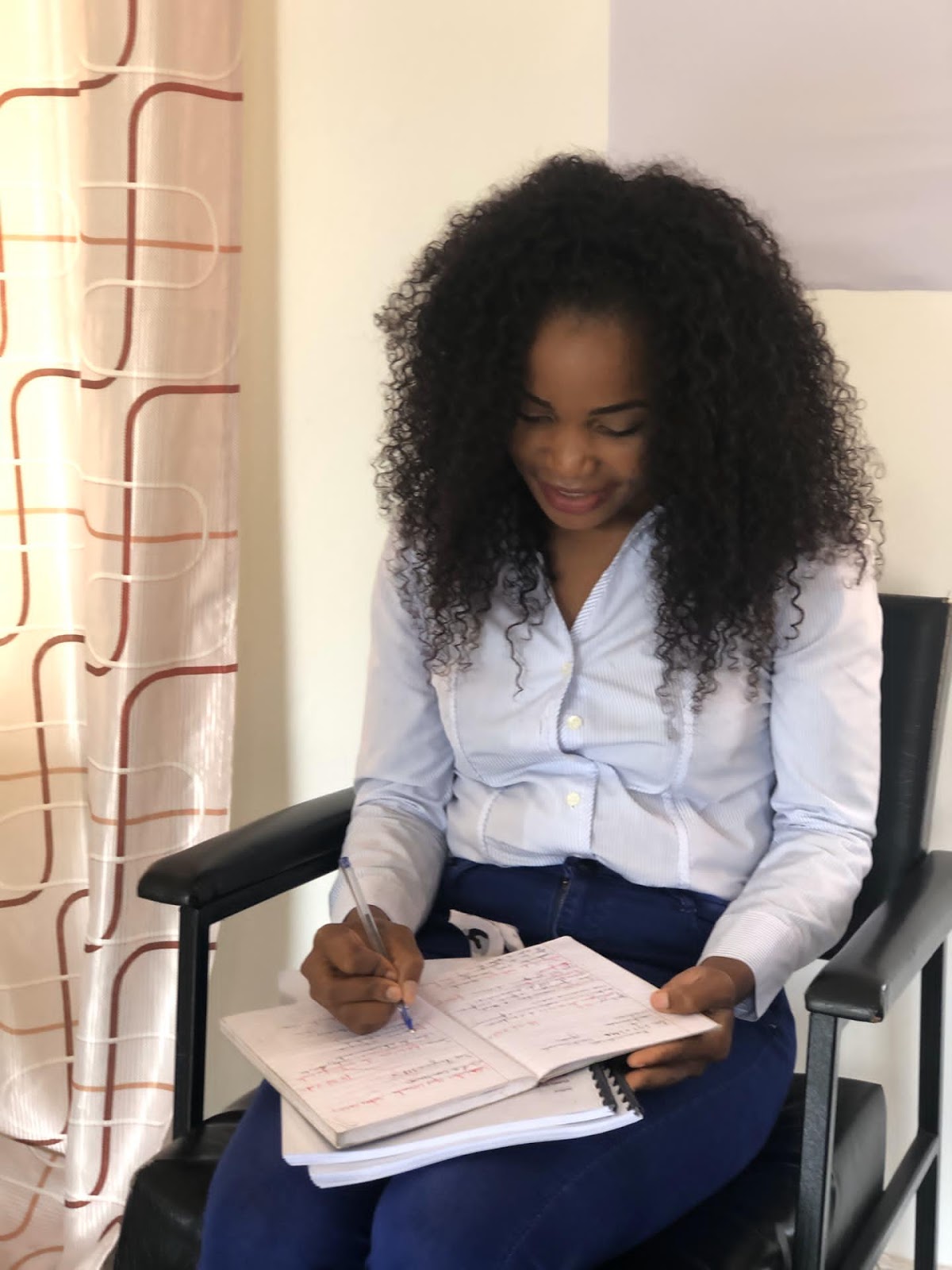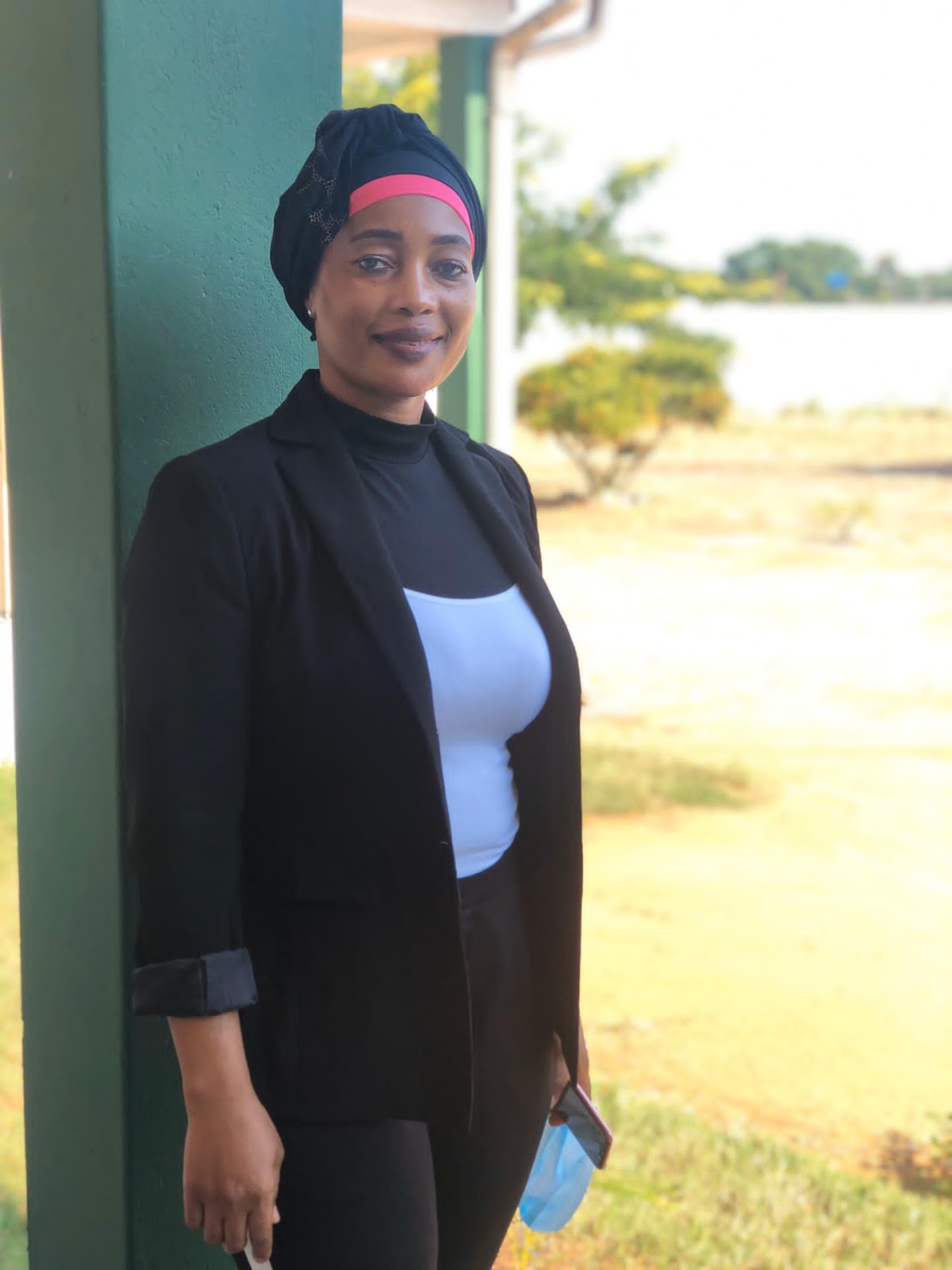Skills for Life: Developing a Curriculum to Help Young Mozambicans Thrive Post-Graduation
In Mozambique, many students graduate without the necessary soft skills to succeed in jobs or as entrepreneurs, leaving them with limited economic opportunities. TechnoServe’s WIN program worked with the Mozambican government to revise a life skills curriculum that will help young people — and women in particular — access jobs and start their own businesses.
In Mozambique, most students conclude their professional education without having the necessary life skills training to find a job or start and manage their own businesses. More than three-quarters of economically active Mozambicans are involved in small and informal businesses, and youth in the country are particularly entrepreneurial.
But economic opportunities for women have historically been harder to come by. Only 6% of women are wage workers, compared to 24% of men. Women are predominantly employed in the informal sector, especially in petty trade or agriculture.
Life Skills Training for Young People in Mozambique
Since 2006, professional education in Mozambique has adopted new standards of educational practices to better prepare young people to find a job or start their own business after graduating. While a life skills curriculum already existed, it was not mandatory for students and was not updated.
So the National Authority of Professional Education (ANEP) in Mozambique welcomed TechnoServe’s offer of support through its Women in Business (WIN) program. WIN is a five-year program funded by the Embassy of Sweden in Mozambique working to economically empower women by facilitating the development of market solutions in partnership with the public and private sector.
Subscribe to our newsletter to learn more about how TechnoServe is helping young people in Africa, India, and Latin America gain the tools, skills, and connections they need to access jobs or start their own businesses.
A Complete Curriculum
TechnoServe had already pioneered this kind of life skills training through several youth and women’s entrepreneurship programs in the region. One flagship program is Business Women Connect (BWC), which has worked with 1,000 women over three years to improve their business opportunities. The BWC micro-business management training program includes special sessions on gender and “personal effectiveness.”
The TechnoServe team, in collaboration with the International Youth Foundation, MUVA, ESSOR, and UPA, reviewed ANEP’s existing curriculum and suggested adding business skills training for young entrepreneurs and gender awareness training sessions to reduce the existing gap between men and women’s access to jobs or ability to start a business.
The team interviewed students, recruiters, and managers of technical and vocational training centers to get feedback on the current life skills curriculum. Through the interviews, TechnoServe learned how students perceive what employers look for and gained insights into what skills are most sought after and valued in the job market.
 The findings from the initial interviews suggested that the curriculum had the potential to be more complete. Students, recruiters, and training center managers thought that life skills training was important regardless of the level of certification, and that it should be available for everyone. Recruiters also mentioned that traditional gender roles can sometimes impede women’s ability to develop marketable skills, reinforcing the need to address social and gender norms from the beginning.
The findings from the initial interviews suggested that the curriculum had the potential to be more complete. Students, recruiters, and training center managers thought that life skills training was important regardless of the level of certification, and that it should be available for everyone. Recruiters also mentioned that traditional gender roles can sometimes impede women’s ability to develop marketable skills, reinforcing the need to address social and gender norms from the beginning.
Some of the themes include:
- Introduction to gender
- Society versus biology
- What does it mean when we say “be a man” or “be a woman” in our society?
- Challenging gender biases
- Benefits of a more equal society
Once the life skills curriculum was approved by ANEP, the consortium also developed a training manual to help teachers follow the curriculum and guarantee a level of quality and cohesiveness of the content. In April 2021, the consortium piloted the new life skills manual in two training centers in Maputo, the capital of Mozambique.
The students who tested out the material reported that it was relevant and useful, with an efficient, fun, and student-centered methodology. Feedback from students was overwhelmingly positive.
Integrating a Gender Focus into Life Skills Training
Carolina Alexandre is one of the students who volunteered to participate in the life skills curriculum pilot. An executive secretarial student who also owns her own hair salon, Carolina appreciated the finance training, but particularly enjoyed engaging on issues of gender inequalities.
“Our society still lives with prejudices, saying what women can or cannot do,” Carolina explains. “If a woman works in a company, but she is the only woman there, she will be underestimated. [In the life skills training], we can talk and discuss that. Everyone has the freedom to give their opinion.” 
Amina Abdula, one of the selected trainers for the life skills curriculum pilot, lived in South Africa for almost 10 years. When she returned to Mozambique, her home country, she became an entrepreneur and started her career as a teacher, training students in beauty and aesthetics.
“Most of the topics covered in the life skills curriculum are issues that have to do with our daily life and our society,” she says. “That makes it easier to teach because everyone identifies with the topics.”
Amina also emphasized the importance of gender equality sensitization in a country where girls often cannot go to school because they are expected instead to learn domestic work and marry.
Skills for a Lifetime
With feedback and testing from students in the pilot, the consortium is now finalizing the manual, which will be shared through ANEP with all the public training centers. The group is also developing a training strategy to upskill teachers in delivering the curriculum throughout the country.
This effort will help ensure that gender equality, entrepreneurship, and soft skills topics are a part of the curriculum for every student in every training center accredited by ANEP. And, in turn, thousands of young people across Mozambique will be better equipped to earn profitable, sustainable incomes, regardless of the circumstances of their birth.




